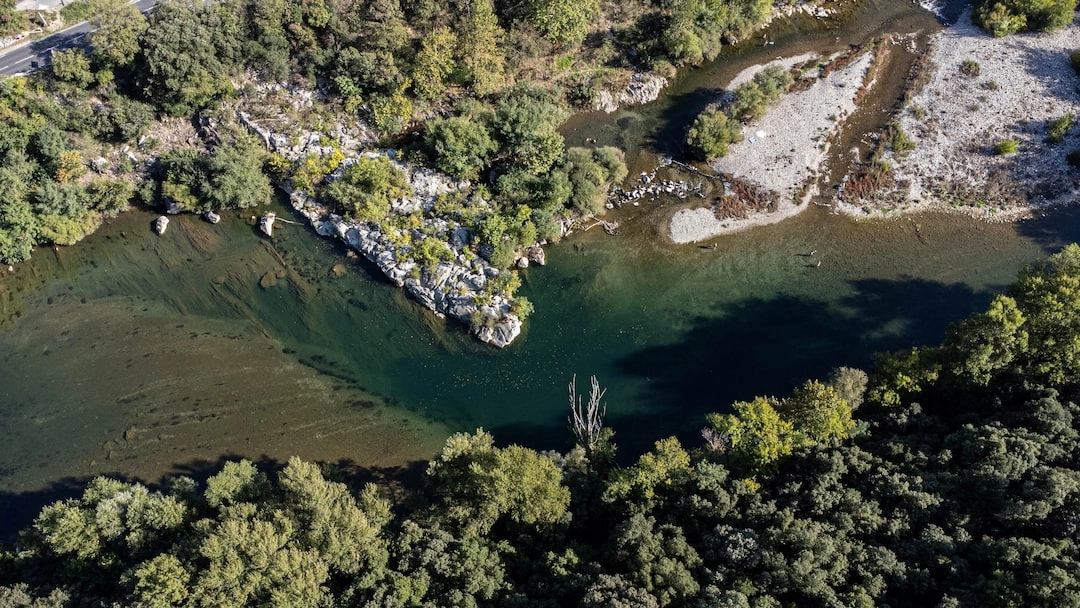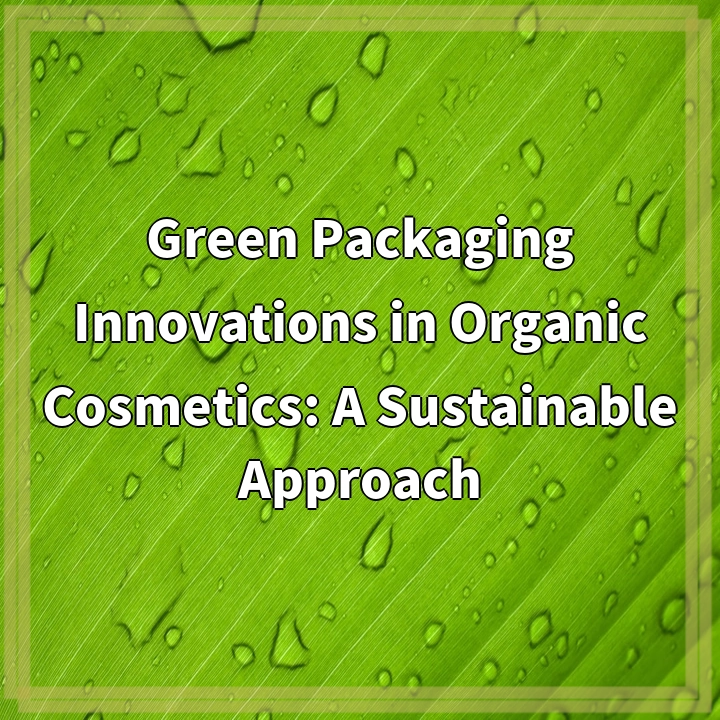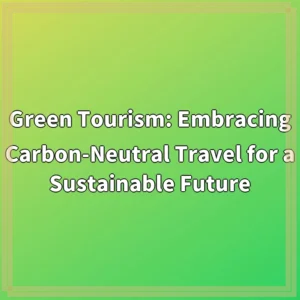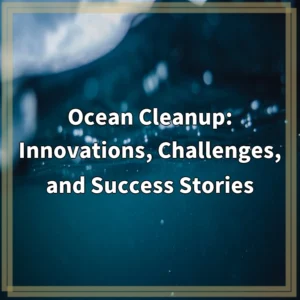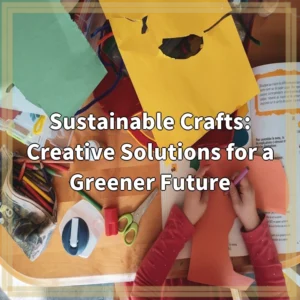What is Water Conservation?
Water conservation refers to the practice of using water efficiently and responsibly to reduce wastage and preserve this vital resource. It involves adopting various strategies and techniques to minimize water usage in homes, industries, agriculture, and other sectors.
Real-world Problems Associated with Water Usage
The escalating water crisis has made water conservation an urgent priority. Several real-world problems arise from unsustainable water usage practices:
1. Depletion of Freshwater Resources:
The demand for freshwater exceeds the available supply in many regions. Overuse of water for agriculture, industrial processes, and domestic consumption depletes water sources, such as rivers, lakes, and aquifers.
2. Droughts and Water Scarcity:
Water scarcity is a pressing concern in many areas, leading to droughts and limited access to safe drinking water. Climate change exacerbates this problem, as changing weather patterns reduce rainfall and the availability of water resources.
3. Environmental Impact:
Excessive water use can harm ecosystems, affecting aquatic life and ecosystems dependent on water sources. Reduced water levels in rivers and streams disrupts natural habitats, impacts biodiversity, and compromises the overall health of the environment.
4. Energy Consumption:
Producing and distributing water requires energy. High water consumption leads to increased energy demands, contributing to carbon emissions and contributing to climate change. By conserving water, we can reduce these energy requirements and mitigate their environmental impact.
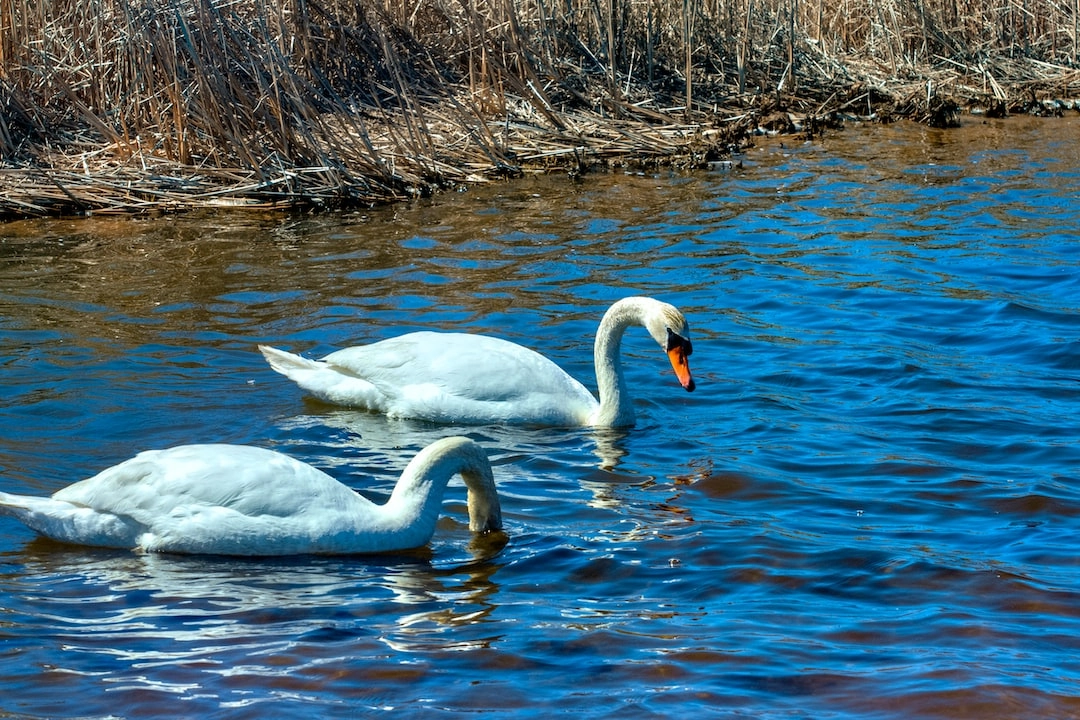
Solutions for Sustainable Water Usage
To address the real-world problems associated with water usage, we need to implement effective strategies for water conservation and sustainable water usage. Some solutions include:
1. Water-Efficient Technologies:
Adopting water-efficient technologies like low-flow faucets, showerheads, and toilets can significantly reduce water consumption without compromising functionality. Installing water-saving devices and using smart irrigation systems can also contribute to efficient water usage.
2. Rainwater Harvesting:
Collecting rainwater through the use of rain barrels or cisterns can help offset water demand from traditional sources. This water can be used for non-potable purposes such as watering plants and gardens, reducing the strain on freshwater supplies.
3. Water Conservation Education:
Raising awareness about the importance of water conservation through education campaigns, workshops, and community engagement can inspire individuals and communities to adopt water-saving practices.
4. Sustainable Agriculture Practices:
Implementing sustainable agricultural techniques such as precision irrigation, crop rotation, and drip irrigation can reduce water usage in farming. Promoting efficient irrigation systems and encouraging farmers to adopt water-conserving practices is crucial for sustainable water management.
5. Policy and Regulation:
Policymakers and governments play a significant role in addressing water scarcity and promoting water conservation. Implementing water management policies, regulations, and incentives can encourage industries, businesses, and individuals to adopt sustainable practices and reduce water wastage.
